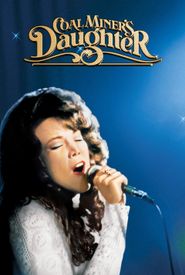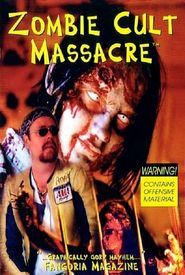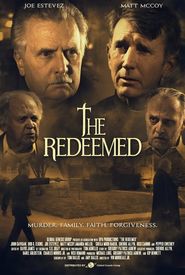Bob Elkins, a seasoned actor with a career spanning over four decades, has played a diverse range of characters that have left a lasting impression on audiences. Despite the challenges he faced, including impossible deadlines, sleep-depriving rehearsal schedules, and grueling projects, his toughest role may have been the one he was born with - the one that required him to seek the approval of strangers.
Born in the tiny mountain town of Mt. Hope, West Virginia, Bob was the son of a struggling coal miner and the only brother of two sisters. His early life was marked by poverty and hardship, which had a profound impact on his later years. One of his earliest memories is of a real-life drama - a nearby creek overflowing its banks, muddy floodwaters inundating the first floor of his two-story house. Oblivious to the danger, young Bob rode his tricycle through the rapidly rising water in the downstairs hallway, his mother desperately yelling for him to come upstairs. He made it just in time, sadly watching his prized possession, the tricycle, get swept away.
As a child, Bob struggled in school, finding it difficult to comprehend textbooks and what teachers were writing on the chalkboard. Little did he or anyone else realize it at the time, but he suffered from dyslexia, a learning disability that would not be identified until much later.
When Bob was 12, his family moved to Covington, Kentucky, across the Ohio River from Cincinnati, Ohio. It was in that year that a pivotal and tragic event occurred that haunts Bob even now. One day, without warning or explanation, his father simply walked away from home, never to be seen or heard from again. Understandably, Bob was devastated.
Bob fell in love with films because they were an escape. He could escape the fact that his father was gone. He went to movie after movie after movie. He didn't realize it at the time, but he thinks those movies planted the first seed of his interest in acting.
To support her fractured family, Bob's mother took a job as a maid, and his sisters went to work part-time. With grades suffering and, for all practical purposes, no parental supervision, Bob became friends with other teenagers who introduced him to crime.
He got involved with a kid at school who was a bookie. He was a real genius at math. He figured out the odds. Bob was the front guy. He collected all the bets and paid the winners. He also took care of any disagreements. Non-violently, of course.
Bob's career in illegal gambling came to an end when one of his sisters discovered the books he kept, and convinced him that what he was doing was wrong. Bob quit working for his bookie friend, but continued down an equally dangerous path, hanging out with a rough crowd, staying out late at night and stealing things, like boxes of cigarettes. On one occasion, the group stole a car and took it for a joyride. Bob's life of youthful crime came to an abrupt halt when one night, he and his buddies got caught breaking into a coal company office.
A police officer arrested them and took them to the police station. He told them what would happen if they were sent to reform school. And that stopped his life of crime.
Because of failing grades, Bob attended summer school for five years. He also worked odd jobs, and became involved in sports. At the age of 18, like many young men his age, he joined the U.S. Navy. It was a turning point in Bob's life, as the Navy gave 600 recruits an aptitude test, the top 5% of whom were selected to go to college at the government's expense. Bob was among the top 5%.
Although he refused the Navy's offer of free college tuition, Bob accepted an alternate offer to attend military school. Quickly promoting him to the rank of Petty Officer, the Navy put Bob in charge of a division on a ship, a job that gave him a much-needed boost of self-confidence.
The Navy taught him that he wasn't just some stupid kid. He spent four years with Uncle Sam. It was an experience that really turned his life around.
While in the Navy, Bob learned that his earlier academic difficulties were the result of dyslexia. One of Bob's best friends in the Navy, gunnery officer Lt. Jack Russell, taught Bob to read more efficiently. It was another turning point in Bob's life, as he began reading more, and higher-quality books.
After Bob was discharged from the Navy, a friend talked him into attending night school, which the government paid for. Bob studied liberal arts for a year-and-a-half before his life took yet another turn, when he noticed a newspaper ad for an acting school in Cincinnati.
Bob was able to draw from his experience in the Navy for his first professional acting job, a small part as a shore patrol officer in a stage production of the comedy Mister Roberts. A year later, he found himself playing the lead role in that same play.






















